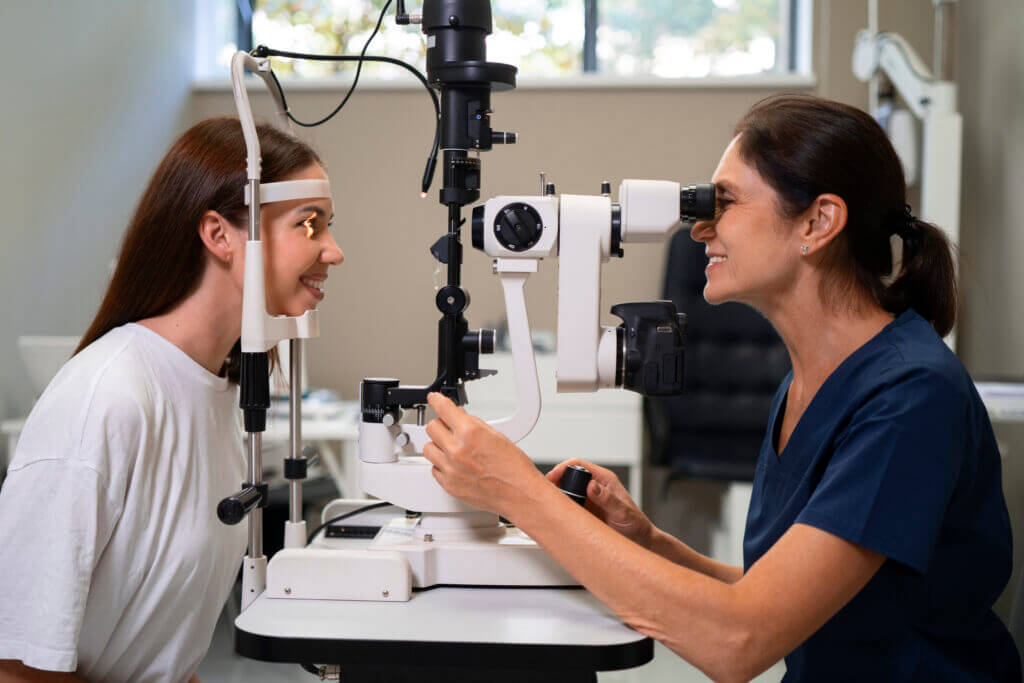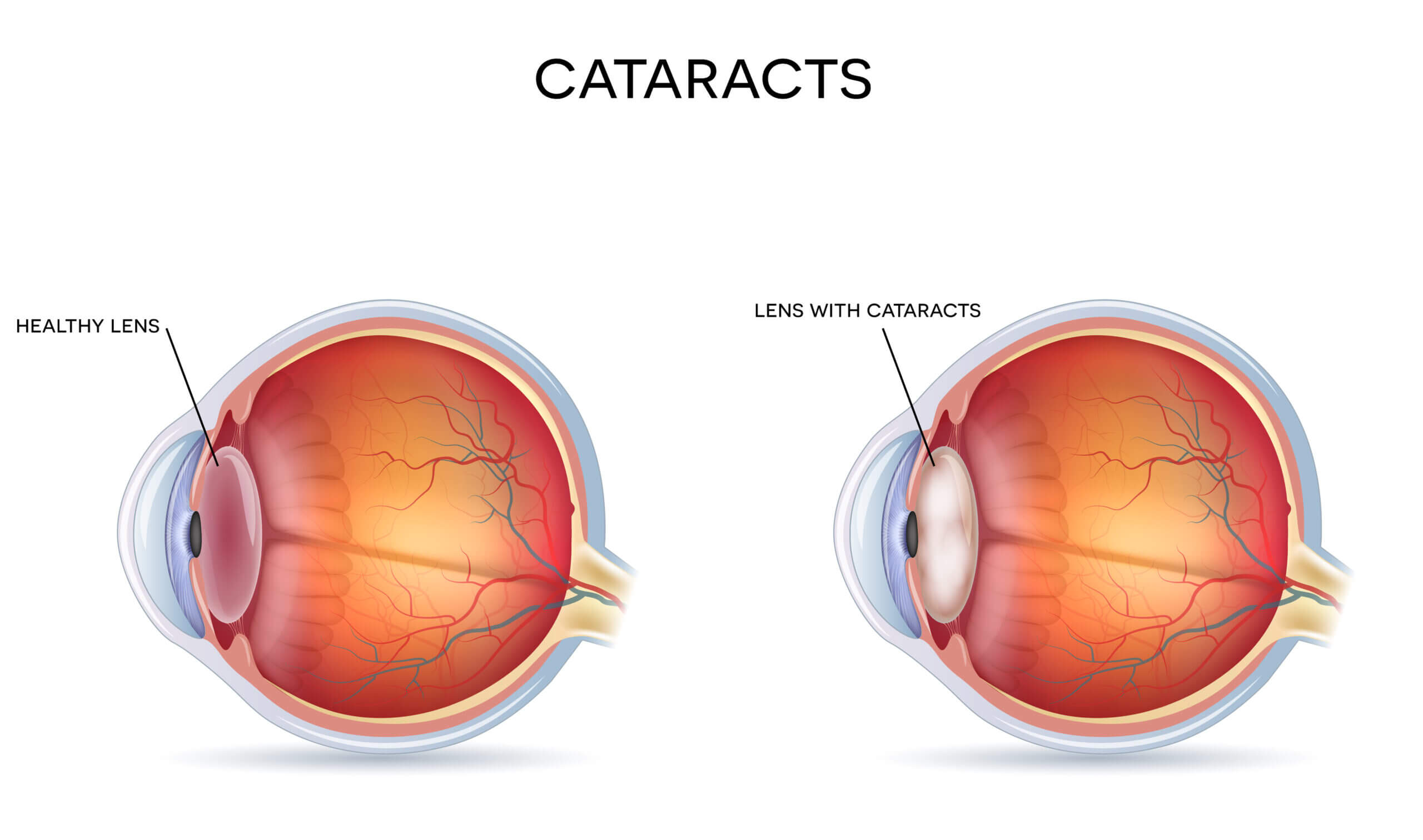Introduction
Our eyes are one of the most vital and complex sensory organs, providing us with the ability to see and experience the world around us. However, many of us take our vision for granted, often neglecting the significance of regular eye examinations. In this blog post, we will emphasize the importance of routine eye exams for individuals of all ages. We’ll explore why children, adults, and the elderly should make eye health a priority.
Eye Exams for Children
Children are not exempt from the need for regular eye exams, as their vision is still developing. Detecting and addressing vision problems early can significantly impact a child’s overall development. Here are some key reasons to ensure that children have regular eye exams:
Lazy Eye (Amblyopia): Amblyopia, commonly known as “lazy eye,” is a condition in which one eye doesn’t develop as well as the other. Early detection through routine eye exams can prevent permanent vision impairment. Treatment options are more effective in younger children.
Learning and Development: Good vision is essential for a child’s ability to learn and develop. Undiagnosed vision problems can lead to academic challenges and hinder their overall growth.
Correcting Refractive Errors: Many children have refractive errors, such as nearsightedness, farsightedness, or astigmatism. Glasses or contact lenses can help correct these issues, improving a child’s quality of life.
Eye Exams for Adults
For adults, the importance of regular eye exams continues to be critical. Vision changes can occur over time, and routine exams can detect and address these changes promptly. Here are some reasons why adults should prioritize eye health:
Computer Vision Syndrome: In today’s digital age, more people are exposed to screens for extended periods. This can lead to digital eye strain or computer vision syndrome. Regular eye exams can help manage these symptoms and provide guidance on reducing eye strain.
Diabetes and Blood Pressure: Individuals with diabetes and high blood pressure are at an increased risk of eye complications, such as diabetic retinopathy and hypertensive retinopathy. Regular eye exams are essential for early detection and intervention.
Age-Related Conditions: As we age, the risk of developing eye conditions like glaucoma and cataracts increases. After the age of 40, it is recommended to have comprehensive eye exams to monitor for these conditions, as early detection and treatment can prevent vision loss.
Eye Exams for the Elderly
As we grow older, our eyes undergo various changes, and the risk of age-related eye conditions becomes more pronounced. Regular eye exams for the elderly are crucial for the following reasons:
Cataracts: Cataracts are a common age-related condition that clouds the eye’s lens. Routine eye exams can help monitor cataract development and determine when surgery is necessary to improve vision.
Glaucoma: Glaucoma, often referred to as the “silent thief of sight,” can damage the optic nerve without any noticeable symptoms until it’s too late. Regular eye exams can detect glaucoma early, allowing for effective treatment and vision preservation.
Macular Degeneration: Age-related macular degeneration (AMD) is a leading cause of vision loss in older adults. Regular eye exams can help monitor the progression of AMD and guide treatment options.
Conclusion
In conclusion, regular eye exams are essential for individuals of all ages. These exams go beyond just measuring visual acuity; they play a crucial role in early detection and intervention for a wide range of eye conditions. By prioritizing routine eye exams, we can protect our vision and ensure a lifetime of healthy eyesight. Don’t wait until you experience problems – schedule your next eye exam at SM Eye Institute in Ahmedabad, Gujarat, and take the first step towards preserving your precious gift of sight. Your eyes deserve the best care, no matter your age.



